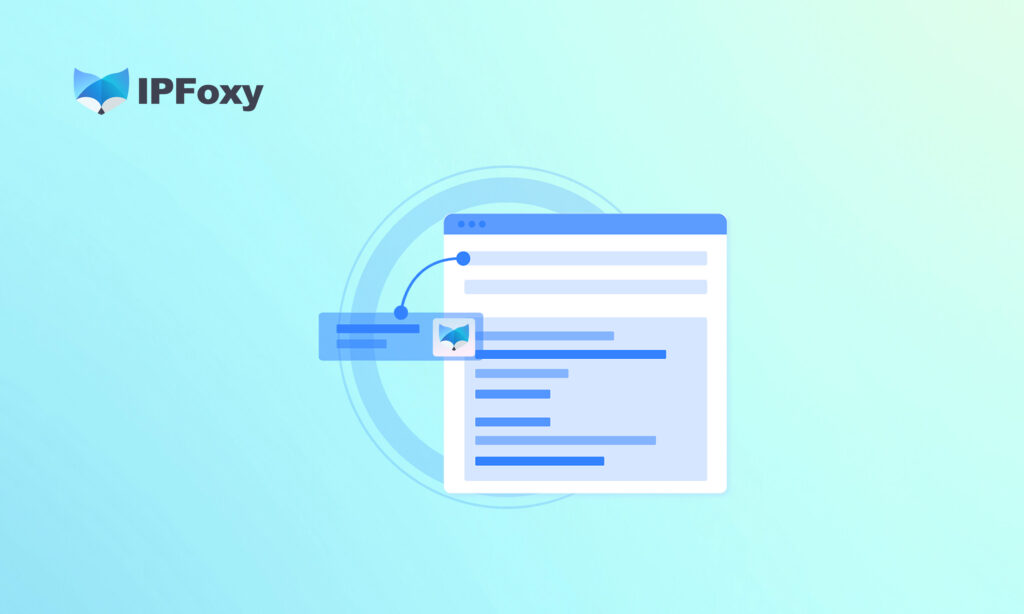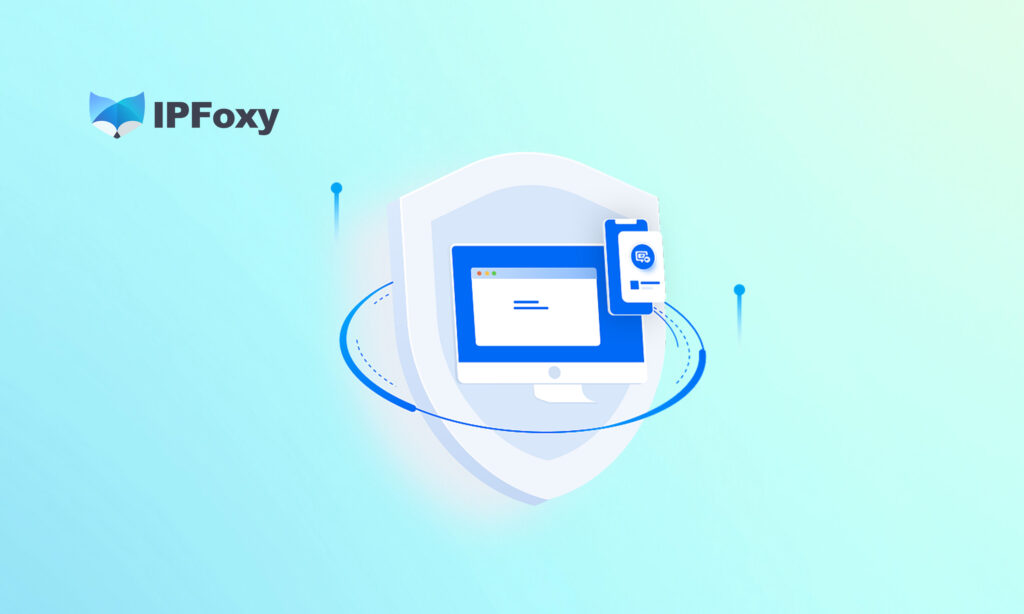A proxy pool serves as a repository of multiple proxy servers, providing layers of online security and anonymity. It allows users to scrape data, access restricted content, and perform other online tasks without worrying about detection or blocking. A proxy pool improves the logistical support for various online activities such as web scraping and secure browsing.
After reading this article, you will have a complete understanding of what a proxy pool is and how to determine whether a proxy provider’s IP pool size and quality are genuine.
I. What Is a Proxy Pool?
A proxy pool is essentially a collection of multiple proxy servers that you can use to route your internet traffic. It enables you to rotate between different proxy addresses, making it more difficult for websites to detect or block your activities. When you use a proxy pool, your web requests are sent through one of the many proxy servers in the pool, which then forwards the requests to the target website.
The proxy pool automatically rotates IP addresses, making each request appear to come from a different location. This rotation is particularly useful for web scraping tasks, as it reduces the likelihood of being detected or blocked.
Compared to using a single proxy server, a proxy pool offers several major advantages:
- Anonymity: By rotating multiple IP addresses, proxy pools enhance your online anonymity.
- Reduced Blocking Risk: Automated IP rotation makes it harder for websites to detect and block scraping activity.
- Versatility: Whether you’re web scraping, data mining, or simply browsing, proxy pools can be customized to meet a wide range of online needs.
II. Types of Proxy Pools
1. Residential Proxy Pool
A residential proxy pool consists of IP addresses assigned to real residential locations. These proxies are highly reliable and less likely to be flagged by websites, making them ideal for tasks requiring high anonymity. Residential proxy pools are commonly used for web scraping.
2. Datacenter Proxy Pool
Datacenter proxy pools are composed of IP addresses originating from data centers. While they are generally faster and cheaper than residential proxies, they are also more likely to be detected or blocked by websites. These are often used for tasks that prioritize speed over anonymity.
3. Mixed Proxy Pool
A mixed proxy pool combines both residential and datacenter proxies, offering the best of both worlds — the speed of datacenter proxies and the reliability of residential ones. By leveraging both types, mixed proxy pools can optimize your online activities, whether for web scraping or secure browsing.
III. How to Evaluate Whether a Proxy Pool Is Genuine and High-Quality
1. Self-Testing
Before purchasing a large number of proxies, start small to test their quality and feasibility.
For example, I chose IPFoxy’s rotating proxy for testing. According to its official statement, the proxy pool has around 40 million rotating IPs, updated regularly and billed by traffic rather than by IP count. I planned to use it for account registrations and started with a small-scale test.
You can evaluate proxies through the following steps:
- Test IP Anonymity: Load a website that displays your IP address in your browser and verify that it matches your proxy IP to confirm high anonymity.
- Check IP Location: Ensure that the proxy’s location matches what the provider claims. Residential proxies should correspond to real residential geolocations.
- Test Connection Speed: After connecting to the proxy, use sites like fast.com to test speed.
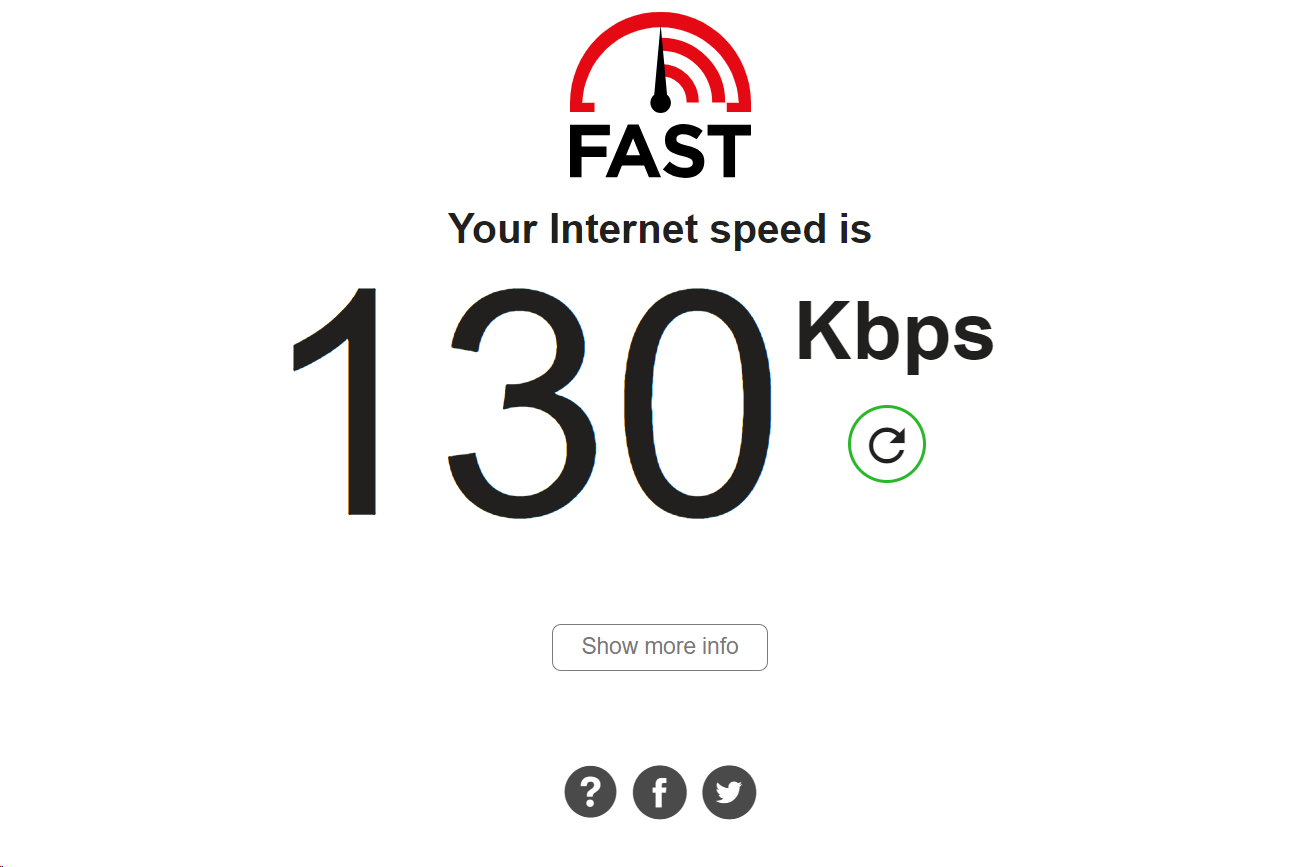
You can also use proxy verification tools to check authenticity and performance. These tools can reveal IP attributes, ASN, and other technical details to help you verify proxy types and provider legitimacy.
Common tools include ipapi, whoer, and ipinfo.
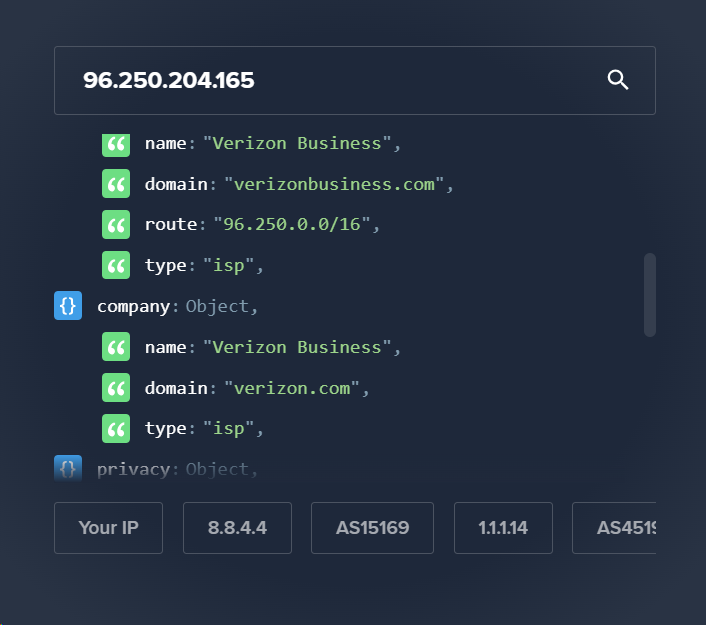
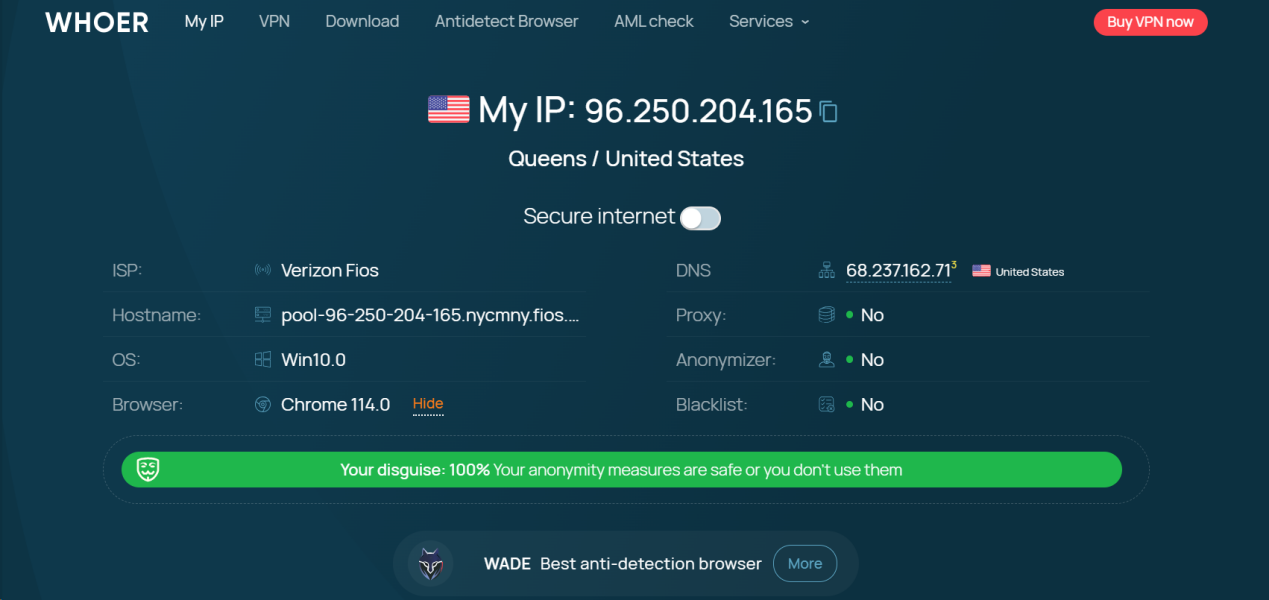
From my test results, IPFoxy’s proxy pool showed good quality, speed, and authenticity — making it suitable for my upcoming account registration tasks.
2. User Feedback
Besides testing yourself, check for feedback from other users.
Look for reviews and discussions on social media, tech forums, or online review sites about the proxy provider.
User opinions can be quite revealing — try to find reviews from people using proxies for similar purposes as yours.
3. Case Consultation
The professionalism of a provider’s customer service also reflects its reliability.
Top-tier proxy providers usually offer 24/7 support.
Ask their team which proxy types suit your business and request real customer success cases. Understanding these details before implementation will help you apply proxies more effectively and safely to your operations.

